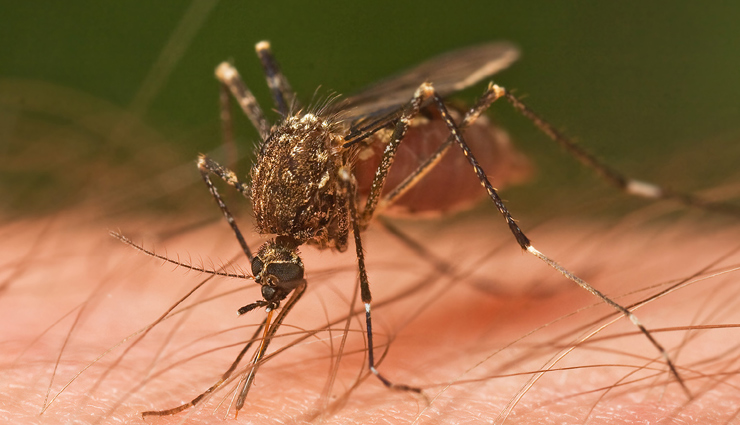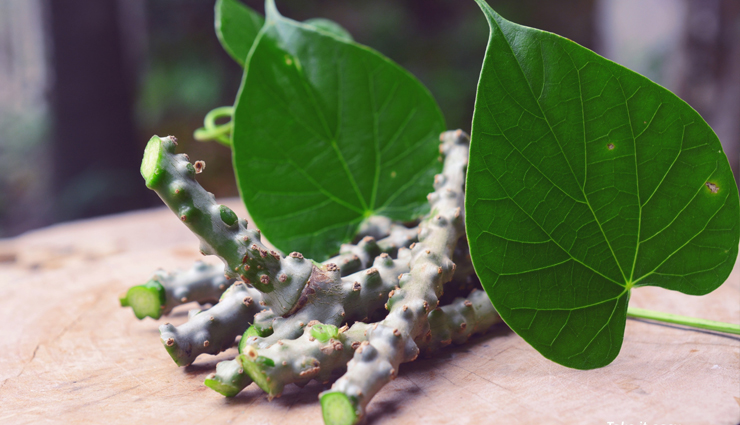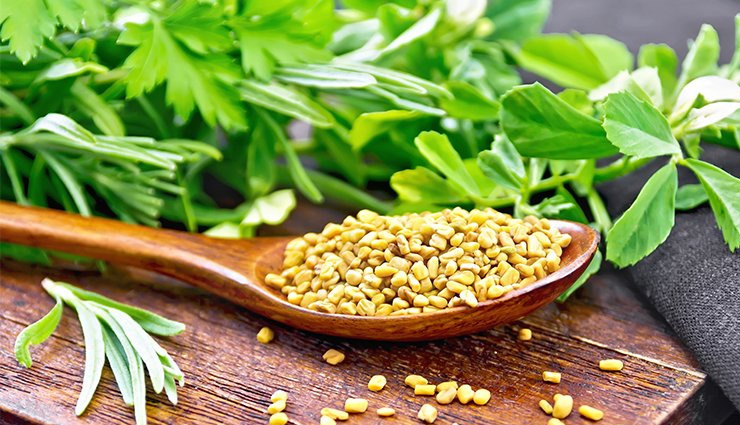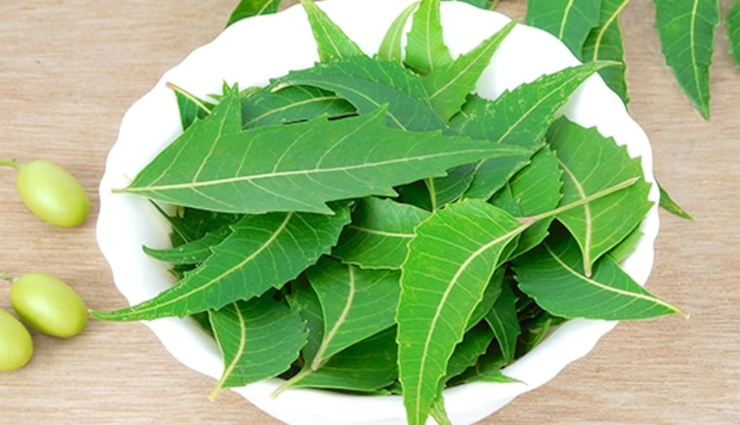- Home›
- Healthy Living›
- Dengue Outbreak- Here Are Major Symptoms, Precautions And Home Remedies For It
Dengue Outbreak- Here Are Major Symptoms, Precautions And Home Remedies For It
By: Sandeep Gupta Fri, 18 Oct 2024 1:59:04

Dengue is a viral infection transmitted to humans through the bite of infected Aedes mosquitoes, primarily Aedes aegypti and Aedes albopictus. It is prevalent in tropical and subtropical regions around the world, especially in urban and semi-urban areas. Dengue is caused by four distinct but closely related viruses (DENV-1, DENV-2, DENV-3, and DENV-4), meaning a person can be infected up to four times in their lifetime.
The disease manifests as a flu-like illness, with symptoms appearing 4-10 days after the mosquito bite. Common symptoms include high fever, severe headache, pain behind the eyes, joint and muscle pain, rash, and mild bleeding (such as nose or gum bleeding). In some cases, dengue can develop into severe dengue (also known as dengue hemorrhagic fever or dengue shock syndrome), which can be life-threatening due to complications like severe bleeding, organ impairment, or plasma leakage.
There is no specific treatment for dengue, but early detection and proper medical care can lower the mortality rate to below 1%. Preventing mosquito bites and controlling mosquito populations are key measures to reduce the risk of dengue.
Major Signs and Symptoms of Dengue
- High Fever (104°F/40°C) - The fever typically starts suddenly and may last for 2-7 days.
- Severe Headache - Often intense, particularly in the forehead.
- Pain Behind the Eyes - A common and distinguishing symptom.
- Muscle and Joint Pain - Severe body aches, often described as "bone-breaking" pain.
- Nausea and Vomiting - May lead to dehydration if not managed.
- Skin Rash - A red rash may appear a few days after the fever starts.
- Mild Bleeding - Such as nosebleeds, gum bleeding, or easy bruising.
- Fatigue - Extreme tiredness, which can persist even after recovery.
- Loss of Appetite - Often accompanies the other symptoms.
Symptoms of Severe Dengue (Dengue Hemorrhagic Fever/Dengue Shock Syndrome)
Severe dengue is a serious complication that can develop after the initial fever subsides. It may include:
- Severe abdominal pain
- Persistent vomiting
- Bleeding from the nose, gums, or under the skin (causing bruises)
- Rapid breathing or difficulty breathing
- Blood in vomit or stool
- Fatigue, restlessness, or irritability
Note: Severe dengue requires immediate medical attention, as it can lead to organ failure, shock, or even death.

Precautions for Dengue Prevention
* Avoid Mosquito Bites:
- Use insect repellents on exposed skin.
- Wear long-sleeved clothing and long pants, especially during peak mosquito activity times (early morning and evening).
- Use mosquito nets, especially if sleeping outdoors or in unscreened rooms.
* Control Mosquito Breeding:
- Empty, clean, or cover containers that can hold water (flower pots, buckets, tires, etc.) to prevent mosquitoes from breeding.
- Change water in vases, coolers, and pet dishes frequently.
- Ensure proper waste disposal and avoid the accumulation of trash that can collect rainwater.
* Use Mosquito Barriers:
- Install screens on doors and windows.
- Consider using mosquito coils, vaporizers, or indoor insect sprays.
* Community Awareness and Involvement:
- Participate in community programs for mosquito control.
- Encourage neighbors to take similar measures to reduce the local mosquito population.
* Seek Early Medical Attention:
- If you suspect dengue, consult a healthcare provider for proper diagnosis and treatment.
- Stay hydrated and avoid self-medication, especially non-steroidal anti-inflammatory drugs (NSAIDs) like aspirin or ibuprofen, which can increase bleeding risk.
Home Remedies
While there is no specific home remedy to cure dengue, some natural approaches can help alleviate symptoms, boost immunity, and speed up recovery. It is important to note that dengue can be serious, and these remedies should complement, not replace, professional medical treatment. Here are some supportive home remedies:

# Papaya Leaf Juice
Benefits: Known to increase platelet count, which often drops during dengue, and boosts immunity.
How to Use: Crush fresh papaya leaves to extract the juice. Consume 1-2 tablespoons twice a day.

# Giloy (Tinospora cordifolia)
Benefits: Enhances immunity, reduces fever, and aids in recovery.
How to Use: Boil giloy stem in water and drink the decoction once a day, or take giloy juice available in stores.

# Fenugreek (Methi) Leaves
Benefits: Acts as a natural sedative, helps in reducing fever, and aids in alleviating pain.
How to Use: Soak fenugreek seeds overnight, strain, and drink the water. Alternatively, make a tea with fenugreek leaves.

# Neem Leaves
Benefits: Helps boost immunity and acts as a natural anti-inflammatory and antiviral agent.
How to Use: Boil a few neem leaves in water and drink the decoction once or twice daily.

# Tulsi (Holy Basil) Tea
Benefits: Contains antioxidants, helps in reducing fever, and has anti-inflammatory properties.
How to Use: Boil a few tulsi leaves with a pinch of black pepper in water and drink this tea 2-3 times a day.

# Coconut Water
Benefits: Helps maintain electrolyte balance, hydrates, and flushes out toxins.
How to Use: Drink 2-3 glasses of coconut water daily.

# Turmeric Milk
Benefits: Turmeric is known for its anti-inflammatory and antioxidant properties that can help fight the virus.
How to Use: Mix 1/2 teaspoon of turmeric powder in a cup of warm milk and drink once daily.

# Orange Juice
Benefits: Rich in vitamin C, it helps in boosting immunity, improving digestion, and flushing out toxins.
How to Use: Drink fresh orange juice once or twice a day.

# Barley Water
Benefits: Can help increase platelet count and improve hydration.
How to Use: Boil barley in water, strain, and drink the water 2-3 times a day.

# Stay Hydrated
Importance: Dengue can lead to dehydration, so drinking plenty of fluids is essential.
How to Use: Drink water, herbal teas, ORS (Oral Rehydration Solution), soups, and fruit juices throughout the day.
Precautions While Using Home Remedies
Always consult a healthcare provider before trying any remedy, especially in the case of severe symptoms.
If there is no improvement or symptoms worsen (such as severe bleeding, difficulty breathing, or persistent vomiting), seek immediate medical attention.
These remedies aim to support the body in fighting the infection and managing symptoms, but they do not substitute for professional medical care.
Related Stories:
# 7 Famous Waterfalls You Can Visit in Jharkhand
# 12 Natural Tips To Keep Your Skin Hydrated
# Have you Ever Heard About Edible Gold? Here are Its Key Health Benefits





